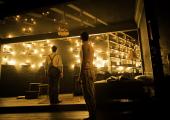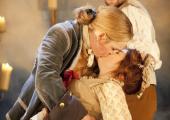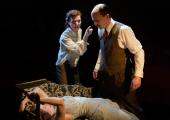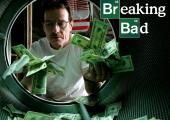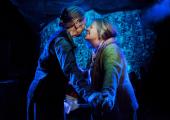Berenice, Donmar Warehouse

Racine's tragic love triangle makes elegantly chilly viewing in this new version by Alan Hollinghurst
It’s not often that the works of 17th-century French classicist playwright Jean Racine make an appearance in the West End, and you can’t fault the ambition of the Donmar’s artistic director, Josie Rourke, in bringing us this new version of his romantic tragedy. But if it’s admirably courageous, truth be told, it makes for rather punitive viewing.

